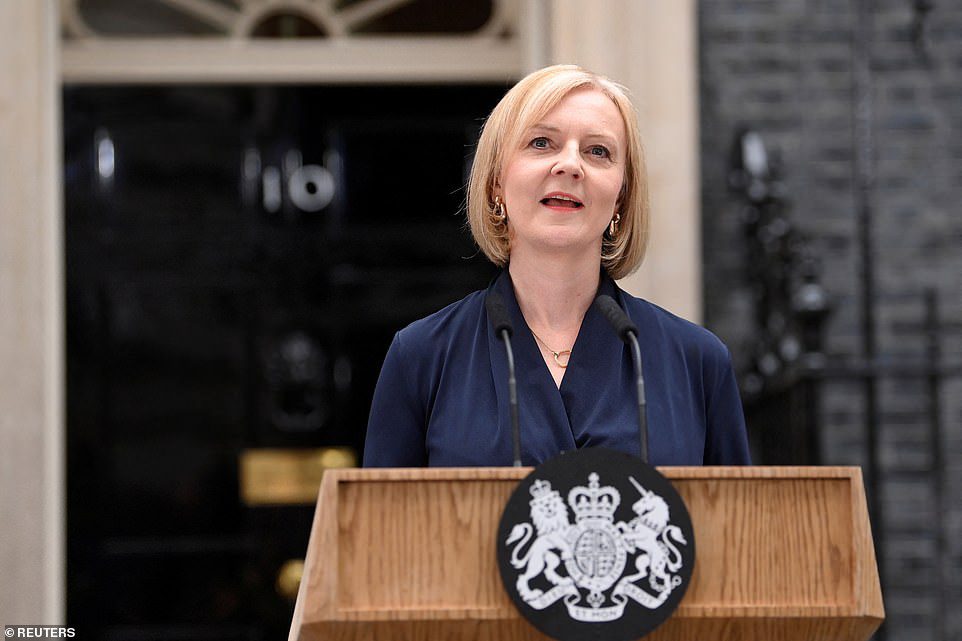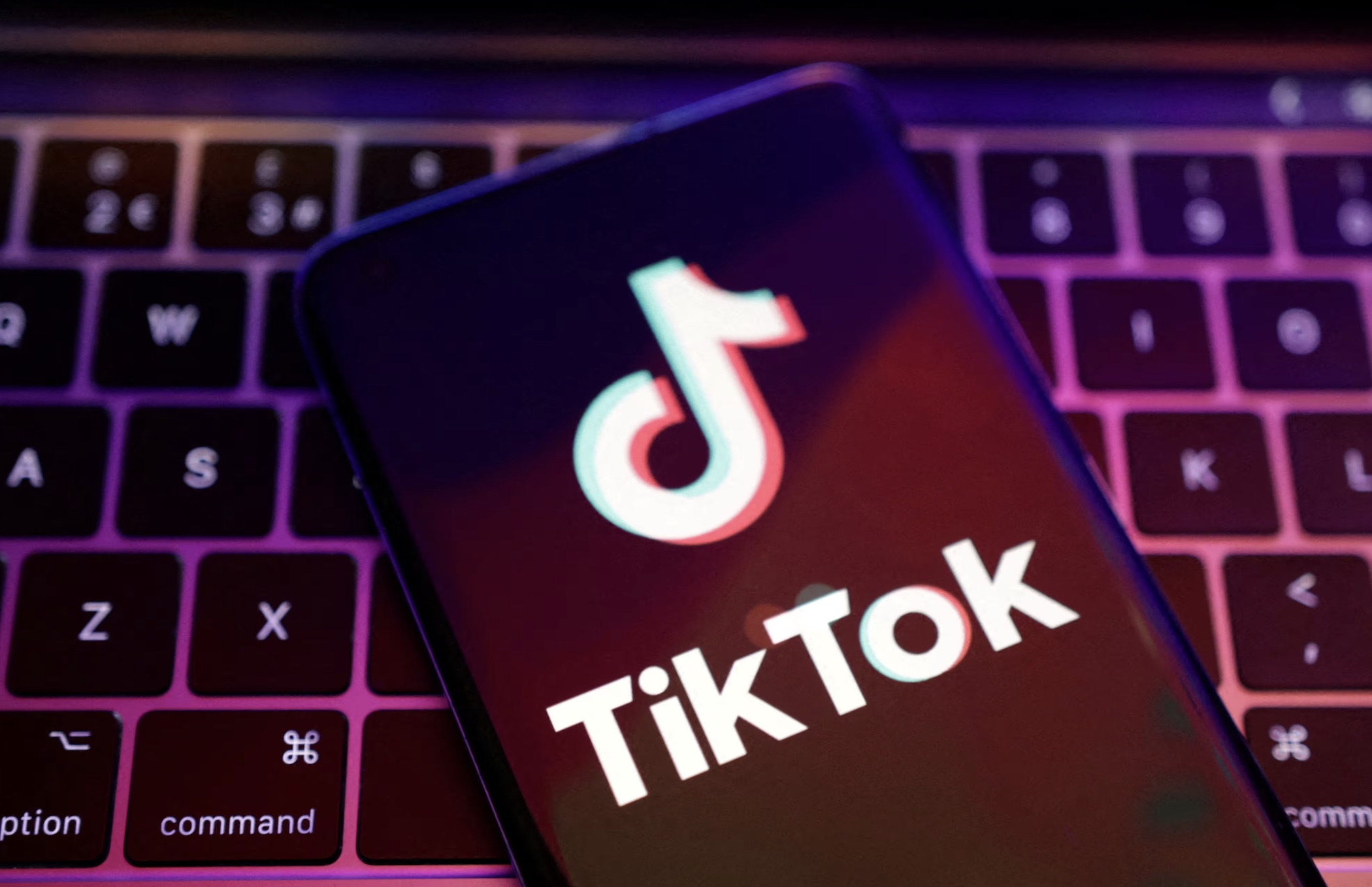UK Prime Minister Liz Truss has resigned after 45 days in the role
British Prime Minister Liz Truss announced her resignation as UK prime minister in a statement outside Downing Street.
Truss becomes Britain’s shortest-serving prime minister, after taking over from Boris Johnson 45 days ago.
“I cannot deliver the mandate on which I was elected,” she said.
Truss notified King Charles III of her resignation—a role he has held himself for 42 days.
There will be Conservative leadership election within the next week to elect the new UK prime minister.
“I will remain as Prime Minister until a successor has been chosen,” Truss said.
The embattled leader met with the chairman of the 1922 Committee of backbench MPs earlier in the day, after more of her own Tory colleagues called for her to stand down.
It also follows Home Secretary Suella Braverman handing in her resignation.
Troubled Truss
Liz Truss has become the UK’s shortest-serving prime minister.
She rose to the top job after a Conservative Party ballot, in which she beat former Chancellor Rishi Sunak.
At the time, the Conservatives were embroiled in a string of scandals.
This includes the ‘PartyGate’ fiasco in which her predecessor flouted Covid-19 lockdown restrictions while hosting parties at Downing Street.
Two days after she was sworn in by the late Queen Elizabeth II, the monarch herself passed away.
Truss’ tenure was met with a 10 day mourning period for Queen Elizabeth II, and an ambitious economic agenda.
Outside Downing Street, Truss said she came into office at a time of “great economic and international instability”.
However, she said her government delivered on energy bills and cutting national insurance.
She added there was a vision for a “low tax high growth economy”.
The UK’s economic uncertainty was worsened by the so-called ‘mini-budget’, which saw the UK pound fall to a record low.
As the economic woes continued, she sacked her Chancellor Kwasi Kwarteng.
The pound rose somewhat after Truss’ announcement before settling back at around $1.12.
Labour leader Sir Keir Starmer demanded a general election “now” following Truss’ resignation as prime minister.
The prime minister had appeared in the House of Commons a day earlier, where she said she was a “fighter, not a quitter”.



 Shows4 days ago
Shows4 days ago


 News5 days ago
News5 days ago


 Shows17 hours ago
Shows17 hours ago


 News4 days ago
News4 days ago


 News3 days ago
News3 days ago


 News4 days ago
News4 days ago


 News4 days ago
News4 days ago


 News3 days ago
News3 days ago












